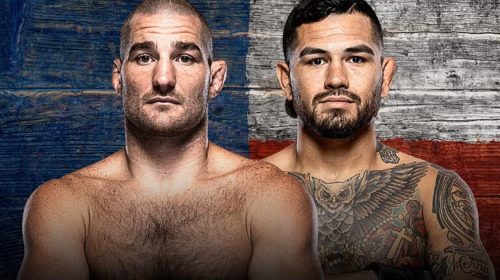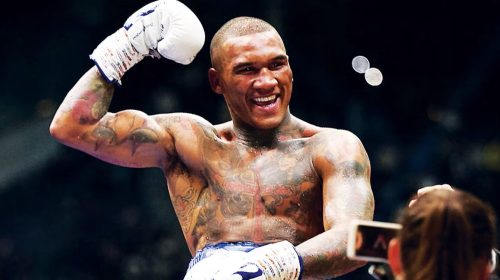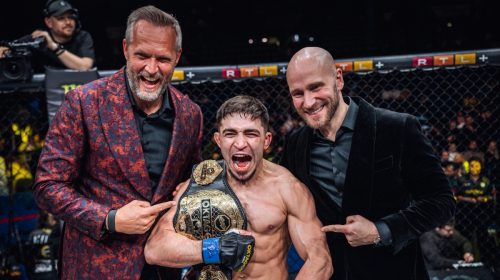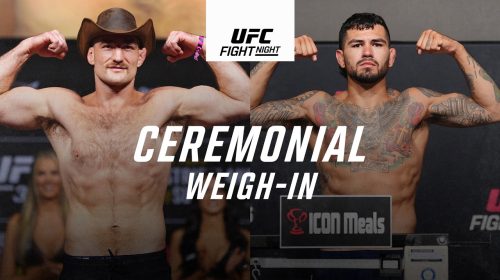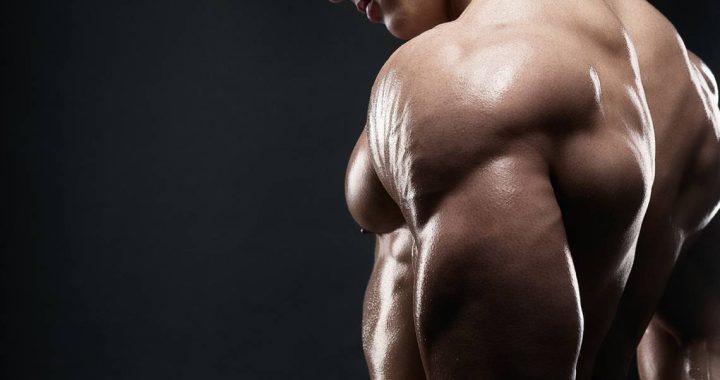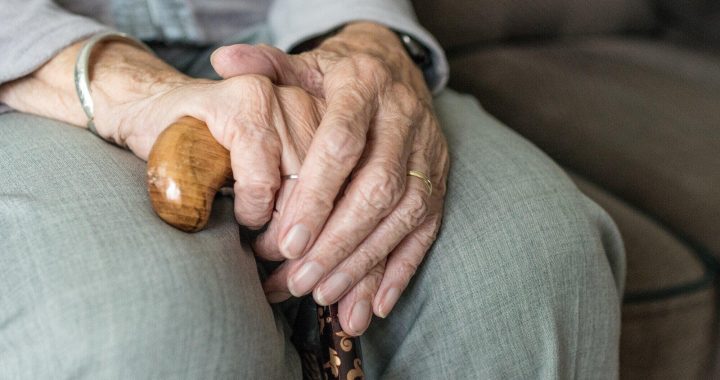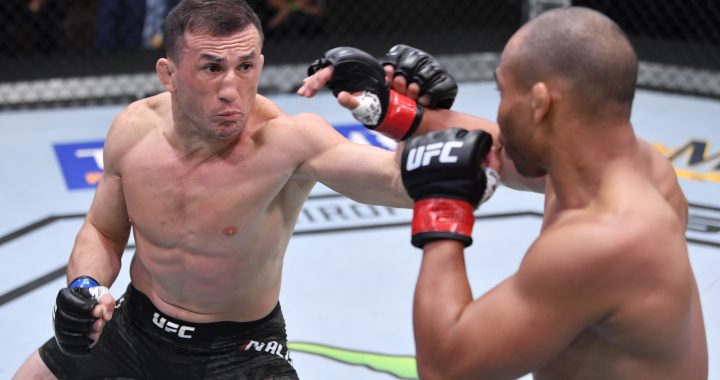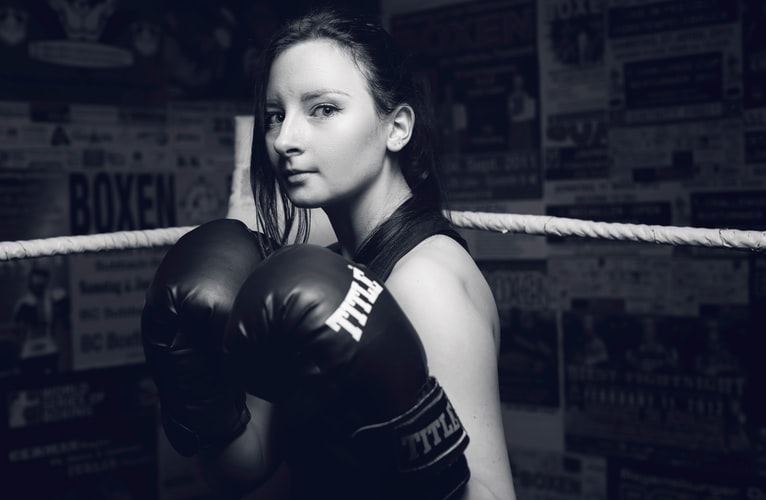
Why Is MMA An Ideal Sport For Shy People?
Calls for former UFC fighter Miesha Tate to obtain her place in UFC’s Hall of Fame remind us of how far MMA can take shy, introverted people who may not have found their place in sport otherwise. “I’m a pretty shy person… I’ll just go to the gym without talking to anyone I don’t know along the way. I’m just focused on what I do. I believe the perfect term to describe it is that I’m somewhat of an introvert in a free flow setting,” she recently told ONE Championship. Anyone who has seen her in a ring may not use ‘introverted’ as a term to describe her, but this quality is actually shared by more MMA athletes than you might imagine. Here are a few reasons why this sport is ideal for those who like to dance to their own rhythm.
Characteristics Of The Introverted MMA Fighter
Scientists currently use the Myer-Briggs Type Indicator to classify different personality types. Think MMA fighter, and a super-confident fighter like Conor McGregor or Jon Jones may spring to mind. However, psychologists would argue that personality is one thing; persona is quite another. That is, a fighter may display a great deal of confidence in press conferences and interviews, yet actually have an introverted and intuitive personality behind closed doors. They may be reflective, organized, and focused on detail – qualities which make them an observant fighter that combines instinct and strategy to great success.
The Individual Nature Of Training
When training for a fight or competition, fighters essentially work against themselves. They do not have to deal with different rhythms and clashing personalities. They race against their own clock and prefer pursuing individual (rather than team) goals. Of course, even if they are introverted, there is plenty of opportunity at the gym to make meaningful connections. However, work enables a fighter to exercise the kind of keen focus that is arguably most possible in solo sport.
The Body As The Voice
MMA fighters may feel more comfortable expressing themselves through their sports rather than having to talk or communicate while they play. Introverted personality types are naturally more reflective/observant. They benefit from silence and a close objective (their opponent). Their reflective skills are excellent at eliciting when an opponent is weakening and when the right time to strike is. They are also intuitive to their own sensations, which can include energy, tiredness, and the need for rest. This can help them pace themselves during their workouts or during a match.
Embracing Your Inner Rhythm
MMA allows you to set goals in accordance with how fast you are advancing. The instructor is key at this stage, because he or she can suggest when the fighter is ready for longer workouts, more stringent speed goals, or a tougher opponent. Introverted fighters who are in tune with their instinct will know if they are ready or not to accept these challenges. As they build an ever-stronger bond with their trainer, they can feel more comfortable when it comes to communicating their views on workout strategies.
People who are introverted sometimes prefer to let their actions do the talking. In this sense, MMA speaks volumes in terms of a person’s commitment, strength, and ability to set goals. Some athletes are naturally drawn to the social aspects of team sports. For others, this very aspect of team-based activities can be a turn-off. MMA is a good choice for those wishing to pursue individual goals while still enjoying the chance to network and make friendships during training.
